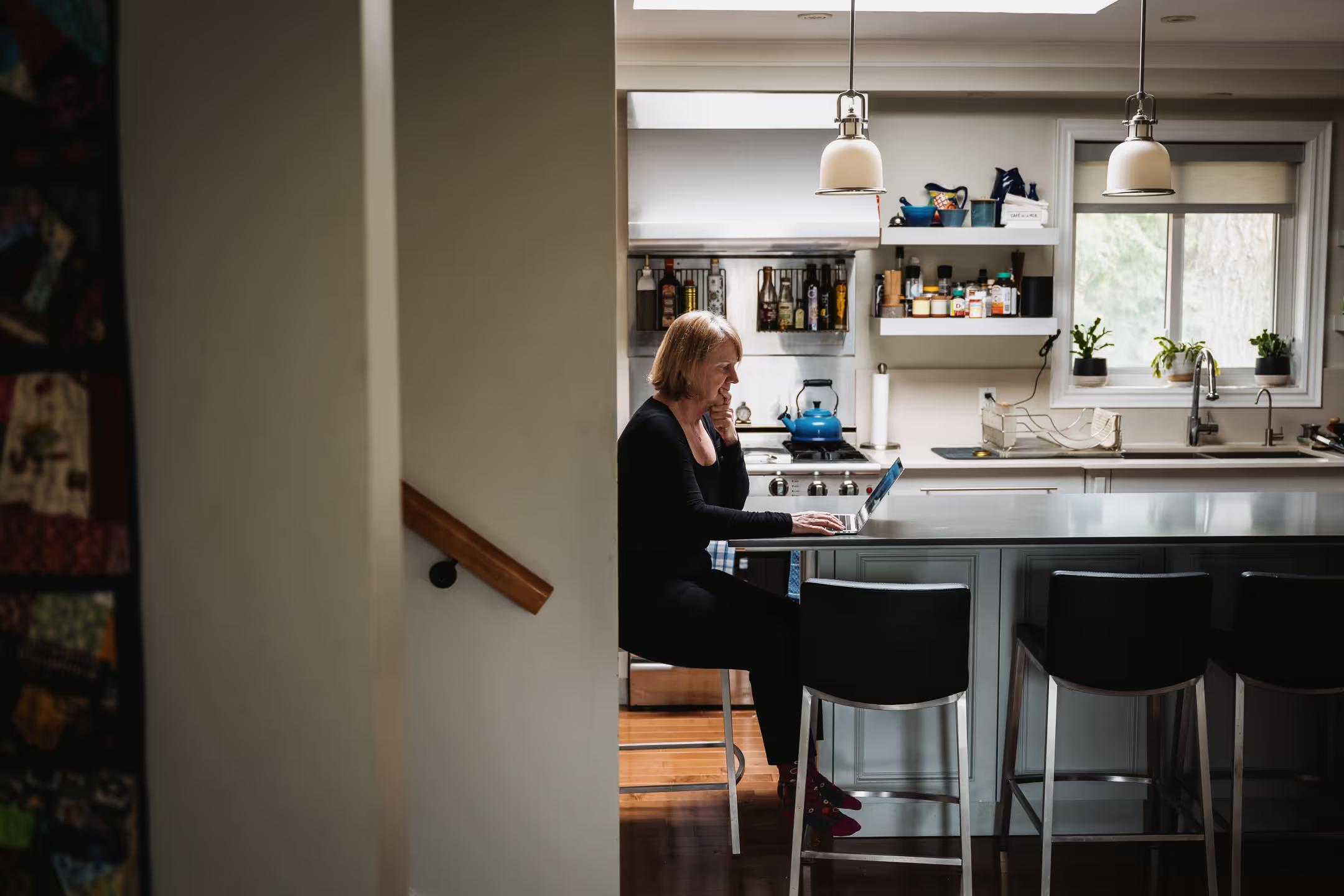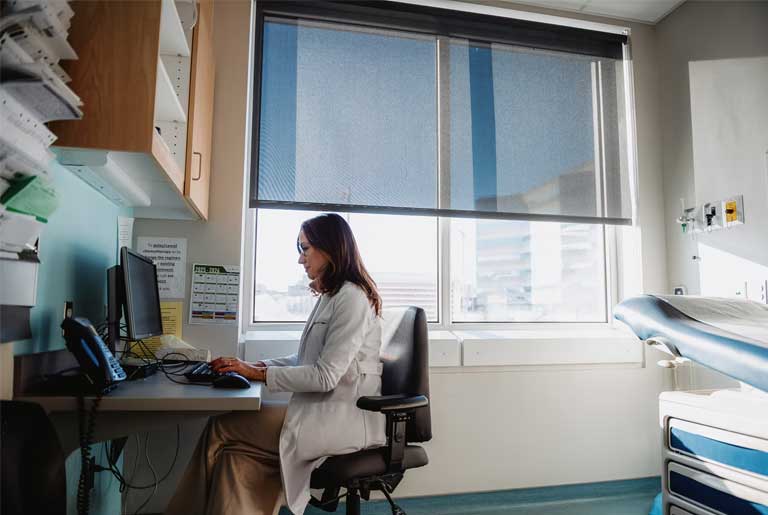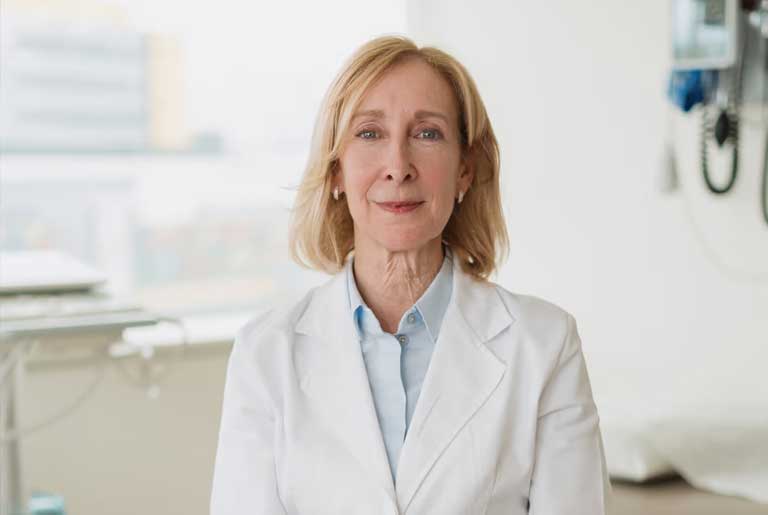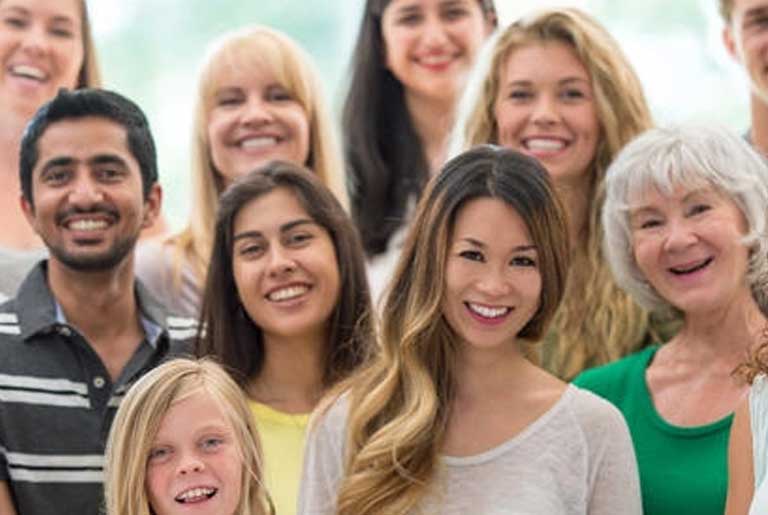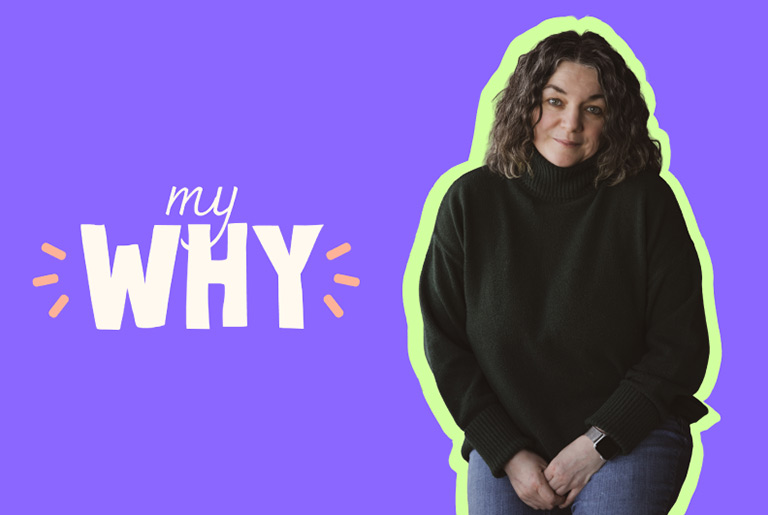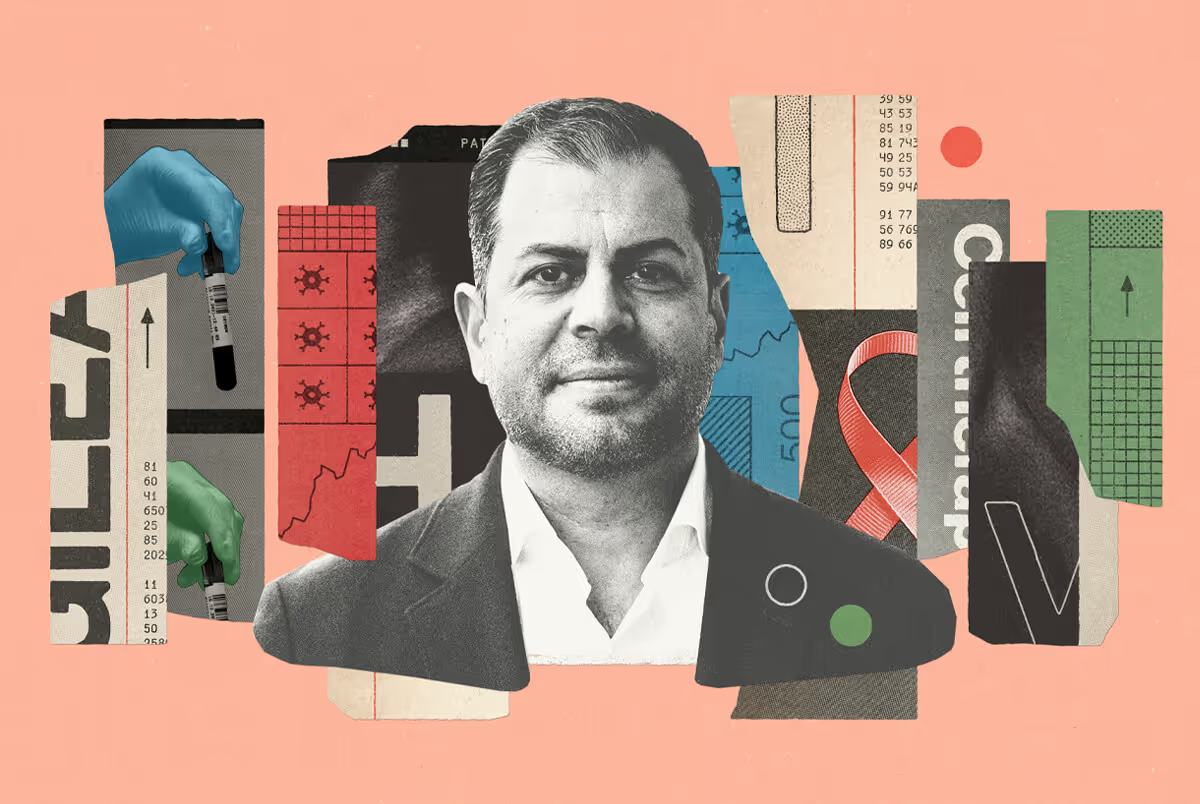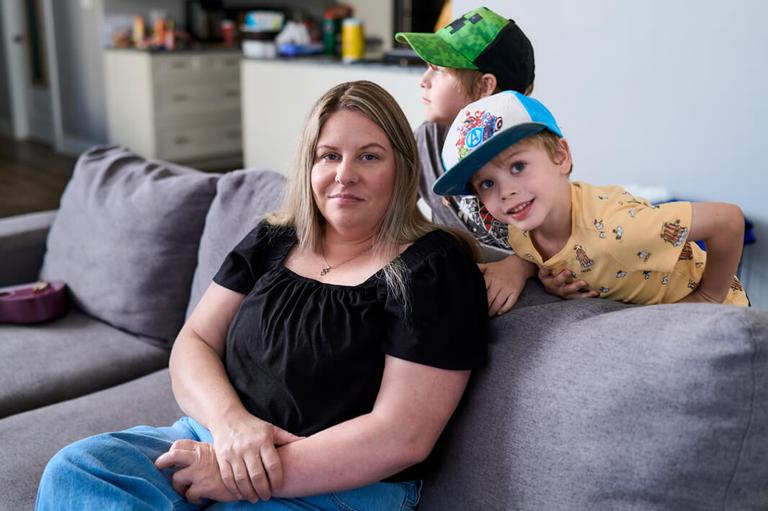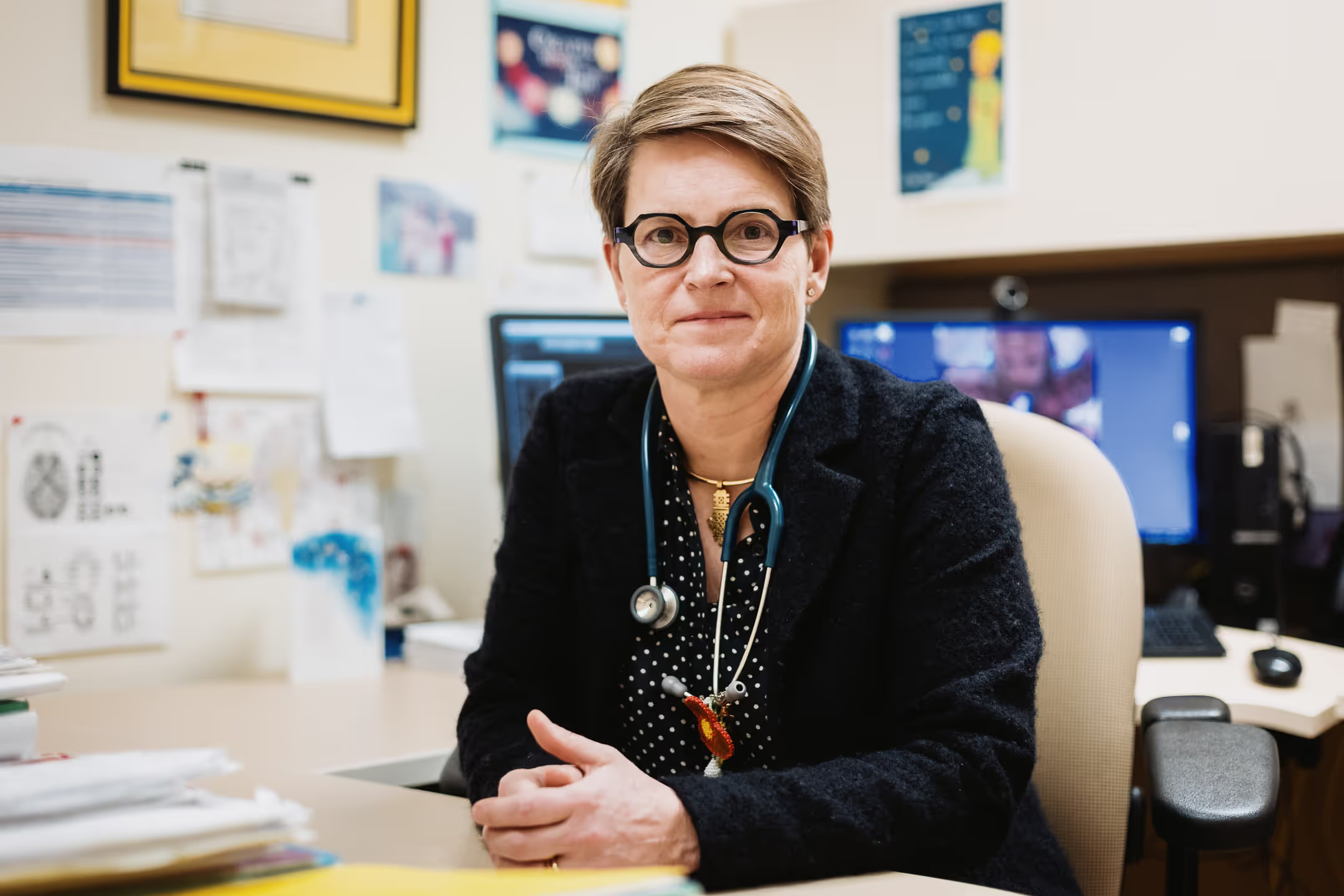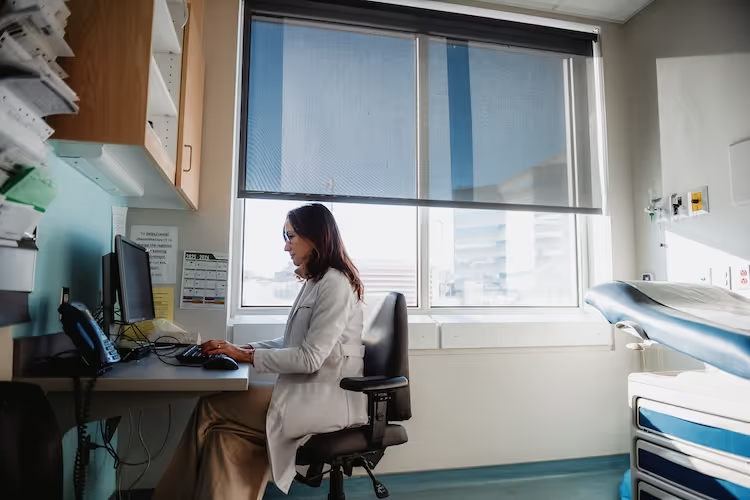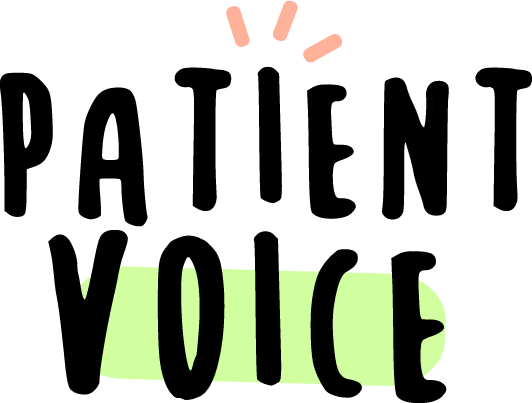“I’ve been told by doctors that virtually everyone is a carrier for up to 10 different genetic diseases. And most of us have no idea. For generations and generations these illnesses can lurk undetected in our DNA until we get genetic testing. Or until...
My daughter was 19 years old last winter — a student at Queen’s University — when nausea, vomiting, fatigue, and abdominal swelling took her to the ER at Kingston General. She went in on a Thursday evening and by Saturday she had been diagnosed with Wilson’s disease, a genetic disorder in which a missing liver enzyme causes toxic levels of copper to build up in the liver and/or brain. It’s such a rare disease that they said it was the first case the hospital had ever seen.
We’d barely had time, as a family, to start trying to understand what this disease even was and where it had come from before the doctors were starting conversations about ‘end-stage liver disease’ and ‘life-saving transplants.’
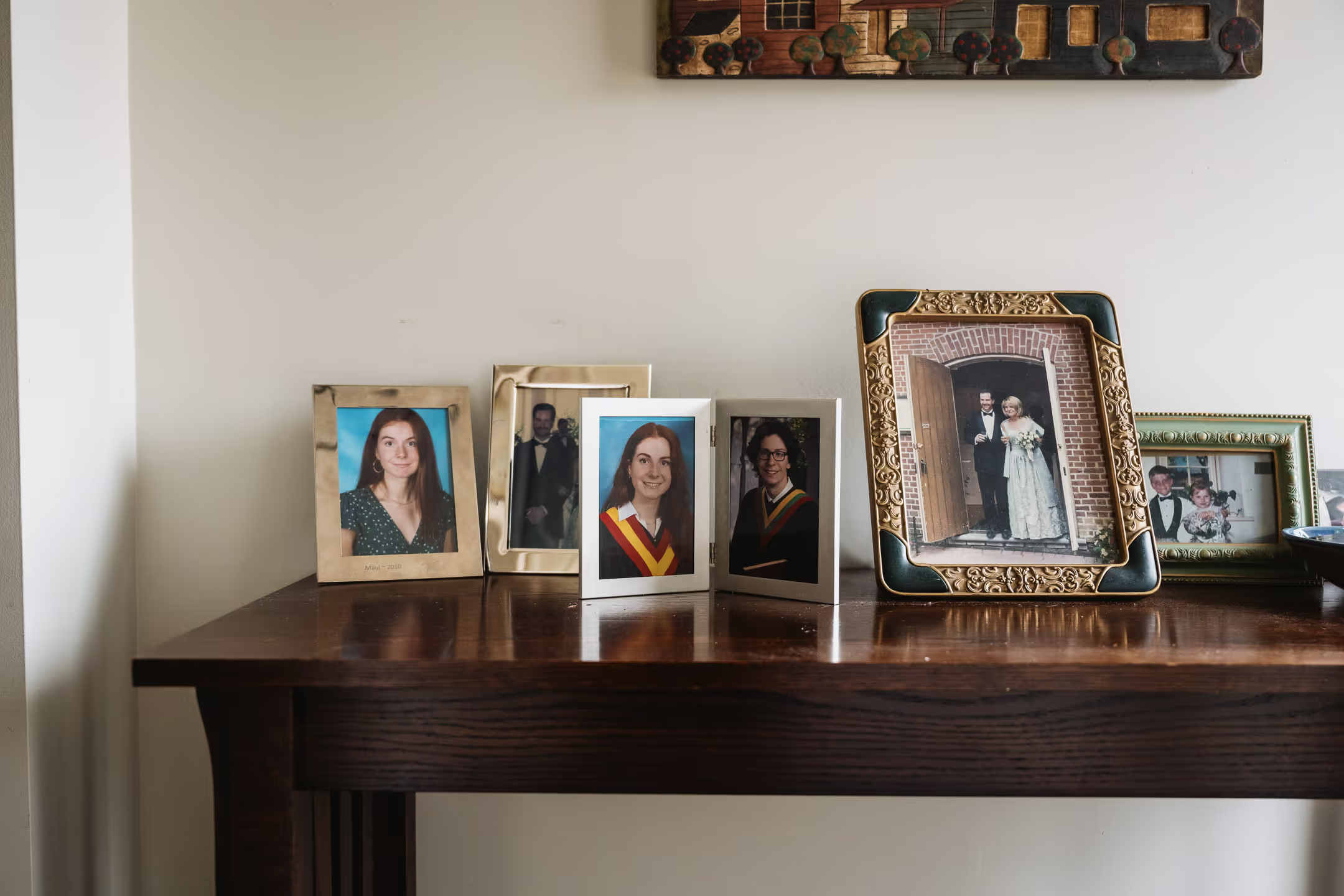
Though the transplant and recovery were challenging — and she’ll be on immunosuppressive anti-rejection drugs for the rest of her life — her new liver processes copper just fine. My daughter has effectively been cured of Wilson’s disease. But she is, of course, still a carrier. As are my husband and I. And our son, testing revealed, had also inherited both non-working genes and thus having Wilson’s disease as well, though he felt perfectly healthy.
Fortunately for my son, though he does have liver damage, his disease is still in the treatable stage. He’ll be on chelating drugs and a low-copper diet for the rest of his life, but he’ll hopefully avoid needing a transplant. It’s so good that he’s learned of his disease early. I just wish it could have been even earlier still.
My mother had five children and prided herself on how healthy all of them were. Good healthy genes, she thought. But you can never know for sure without screening. What haunts me is the knowledge that if my husband and I had been aware we were both carriers of this same disease — or if our kids had been tested as newborns — we could have saved our daughter from this entire ordeal. They both could’ve started treatment so much sooner before the disease had progressed.”
